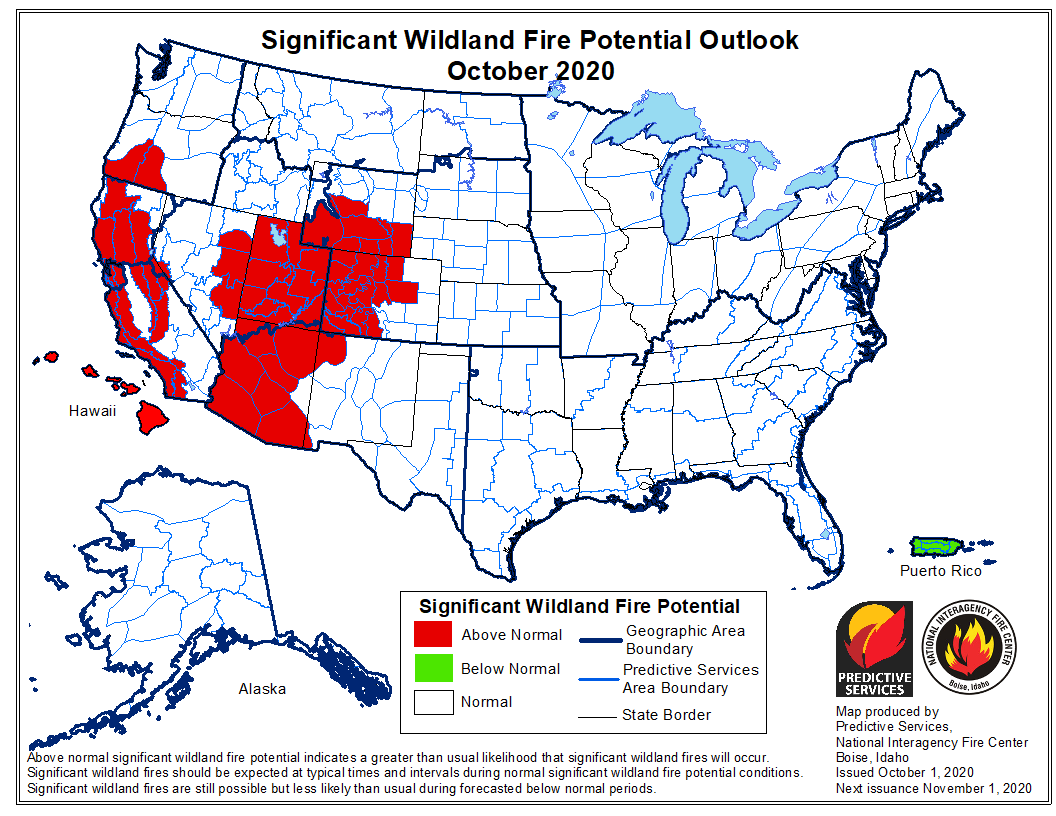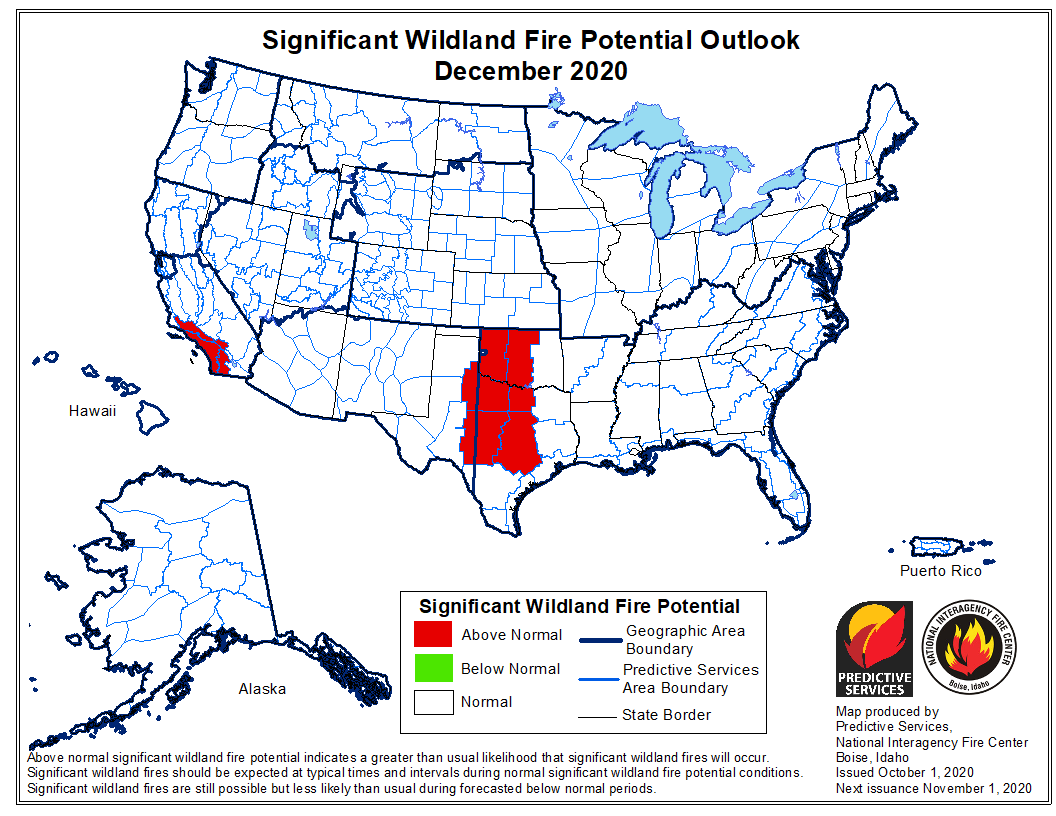Mr. Coffee
Well-Known Member
- Region
- USA
- City
- A Demented Corner of the North Cascades

...



So, what are your proposals?That works if (1) all of the fire-prone areas needing fuel treatment have marketable timber, and (2) the timber companies remove other fuels (notably debris and ladder fuels) when they harvest.
Neither of those things are true.
Thinking this is exclusively a California problem, or a problem of dysfunctional liberal communist governments in western states, is flat out wrong. California is just at the tip of the spear.
Yep, the rains will come in California and elsewhere in the west, just after the peak fire season. It's peak fire season now.
.
So, what are your proposals?
So, what are your proposals?
I'm sure there's a State 'taking' issue involved; once a property is developed there are 'entitlements' should the State determine that it it can't be used for its originally approved purpose. Rebuilding in a wild land fire zone is like being approved to build in a flood plain, but with insurance. I'm not an attorney, just an engineer that invests in real estate so YRMV.Drove by Santa Rosa few months ago. Huge homes replaced homes that burnt few years ago. And the fires now are burning close to Santa Rosa. Why is the state allowing rebuilding in areas that are clearly at risk for recurrent fires. It's like rebuilding homes in a flood plain. The gov should simply say no. Not allowed, or simply not insure such properties.
I agree with just about everything you suggest. Unfortunatley, in general, it's too late for this for season.Glad you asked:
None of those solutions are perfect, and while they will make our ugly situation less heinous we are still in an ugly situation. This stuff also is going to cost money. All in can say is that things are tough all over, and not dealing with this crap has a price as well.
- Do something effective about climate change. If we have to start by beating climate change deniers with a stick that is at least a start.
- We have great tools for evaluating wildfire risk. Along with dramatically increasing prescribed burning and other fuel reduction, use those tools to do fuel reduction where it will do the most good.
- Along with the above, have carve-outs for EPA regulations and local air quality rules that permit prescribed fire to happen in a timely fashion. This is really important because generally the time window for safe prescribed burning is very short, and even small delays might postpone such efforts for a year or more.
- Since about half of new homes being constructed in the West are in areas vulnerable to wildfire, put in place ferocious regulations on construction and landscaping that will make those new homes more resistant to fire.
- There are many programs, both at the state and federal level, that provide matching funds to private landowners for fuel reduction projects. However, almost all of those programs are designed to protect timberland. Similar programs should be developed to protect homes and be fully funded. A key insight as to why this will work is that the fire safety of most homes can be dramatically increased for a relatively small amount of money, on the order of $1500.
- Related to the above, laws need to be passed at the state level that prohibit HOAs and local governments from preventing homeowners from taking reasonable and well-documented measures that will increase the survivability of their homes. I personally know of people in Colorado who have been in court for years in an effort to remove trees and ladder fuels from their property in order to make their home more defensible in a wildfire.
- Most homeowners insurance require that homes be rebuilt on site. Change the rules so people aren't forced to repeatedly rebuild in a location extremely vulnerable to wildfire.
- Wildland firefighters are trained to fight fire in undeveloped areas, not in the middle of a housing development. Fire departments are trained to fight structure fires. Neither organization is very well trained at fighting a wildfire that interpenetrates with a developed area. Fix.
- Copy programs like this one in Boulder County, CO.
... we're all on our own.
I've read that up to a million Californians will be without power for at least a part of this PSPS.I received a notice from PG&E that my power will be curtailed on Friday, 10/30/20.